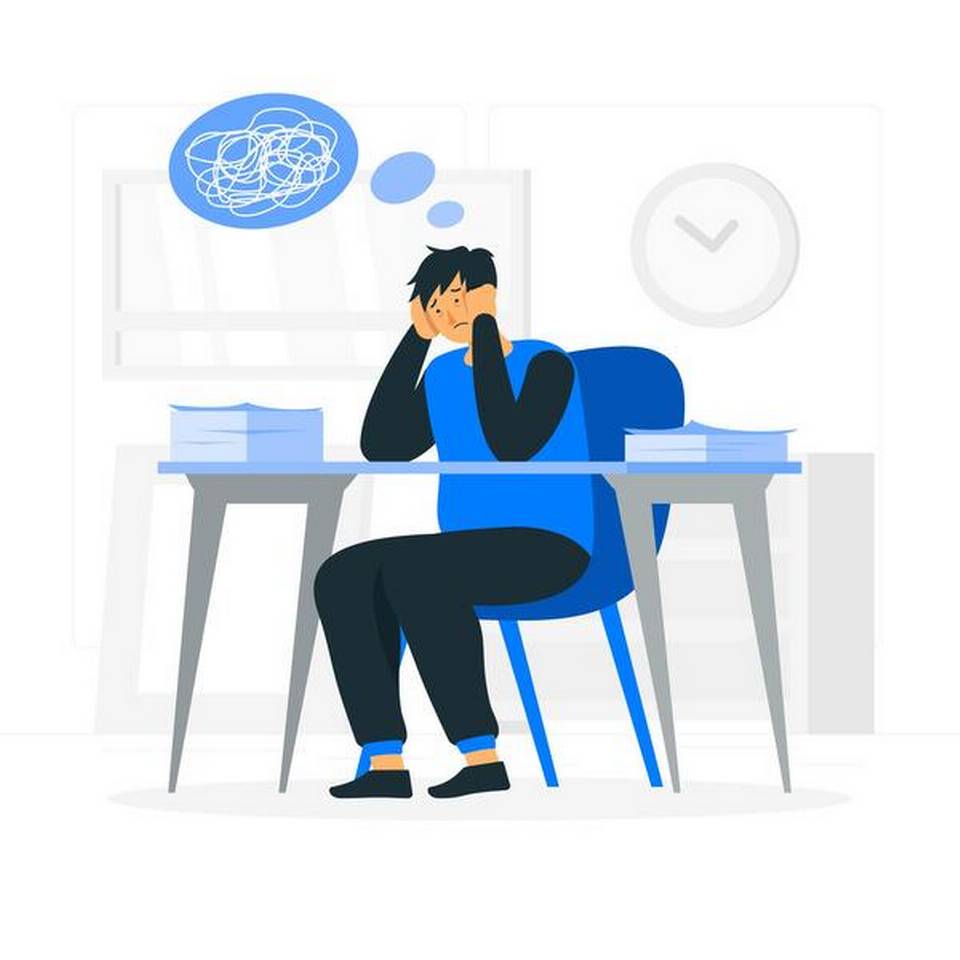Along with the pandemic came many changes and uncertainties. How can one overcome this?
While the world continues to battle the coronavirus, adolescents and college students are struggling with virtual graduations, postponed internships, competitive examinations, college admissions, social distancing, companionships, loneliness, stress, suicidal ideation, anxiety and depression.
Many students live in unstable environments and are struggling with financial hardships, as well as struggling with the lack of a ‘normal’ routine. The sense of ‘possibility’ that drives young people through their early life is diminished by being physically isolated. Students need to look at the present as a chance to reflect on life’s meaning, and their own desired legacy. This may help increase their resilience in facing unknown challenges.
Psychological safety is important especially for students with special needs to feel included and is particularly important as they have been historically under-represented in academic fields and workplaces. Inclusion enhances performance and retention, which furthers a student’s ability to meet his or her goals. Further, students with special needs need to feel comfortable presenting their authentic selves.
What can you do
As schools and colleges adjust to life in a pandemic, it’s important for young adults to talk about what they’re struggling with. There’s no script to follow for how to live through a pandemic.
Here are some tips:
1. What can you control? What can’t you control that you have to accept? Things you can control are self-care and planning for the future, or building the skills of adapting to day-to-day challenges, getting plenty of sleep, eating well and incorporating physical activity into each day.
2. Focus on resilience and mental agility to bring up a sense of empowerment. It is key to mental health in a time of crisis.
3. When the usual means of socialising are off the table, you can brainstorm novel ways to connect, whether they’re virtual get-togethers or pandemic-safe outings.
4. Listening can help. Focus on listening with an open mind, instead of offering immediate solutions.
5. Mental health issues and risky behaviours are on the rise. Watch for signs like bad moods or uncharacteristic irritability, being stuck in an emotional rut and unable to feel better, or to move past whatever has upset you … ask for help.
6. Believe in your ability to manage whatever will come. Take things a day at a time
7. Remind yourself that uncertainty does not guarantee bad things will happen; it just means you don’t know yet.
8. Recognise that you cope with uncertainty all the time. Try to envision exactly what your relationships and work will look like one year from now. There is so much you just don’t know.
Putting our mental health first is not selfish. In fact, it is pro-social. Taking time to reflect on and digest the current situation will put all of us in a better position to enact our changing goals and help and support those around us.
The writer is Chief Psychologist, Dr. Roma Kumar, Emotionally.in
Ref. The Hindu
